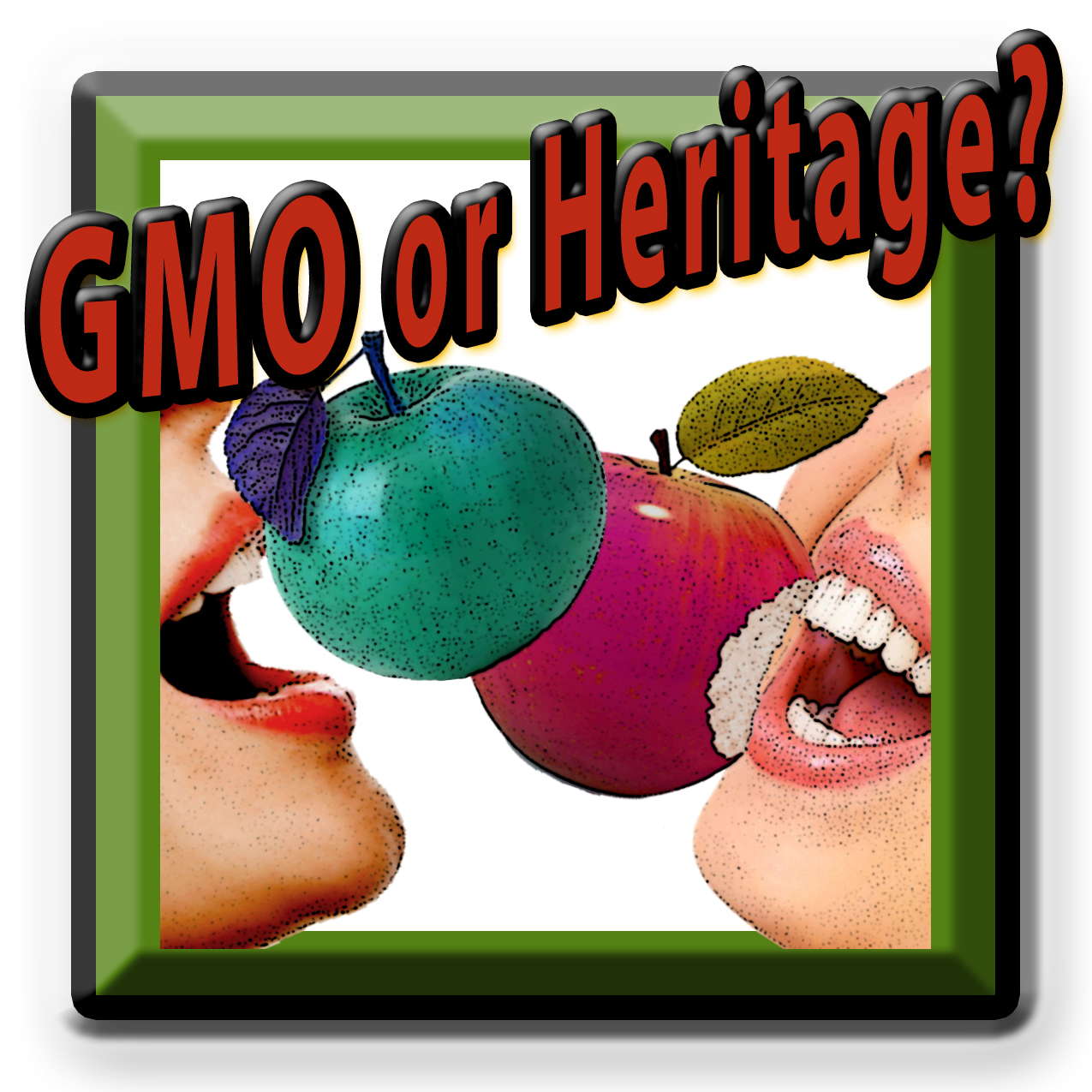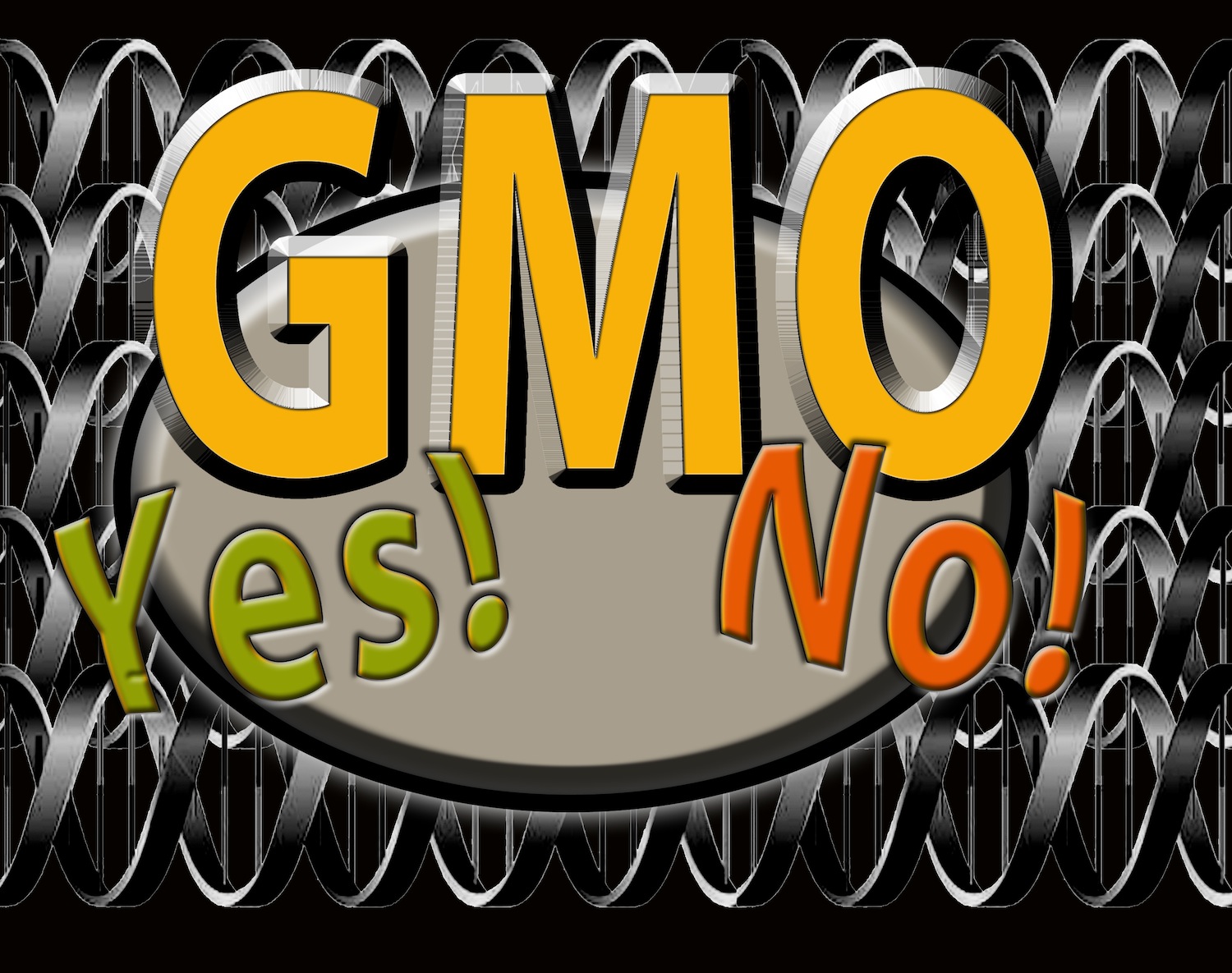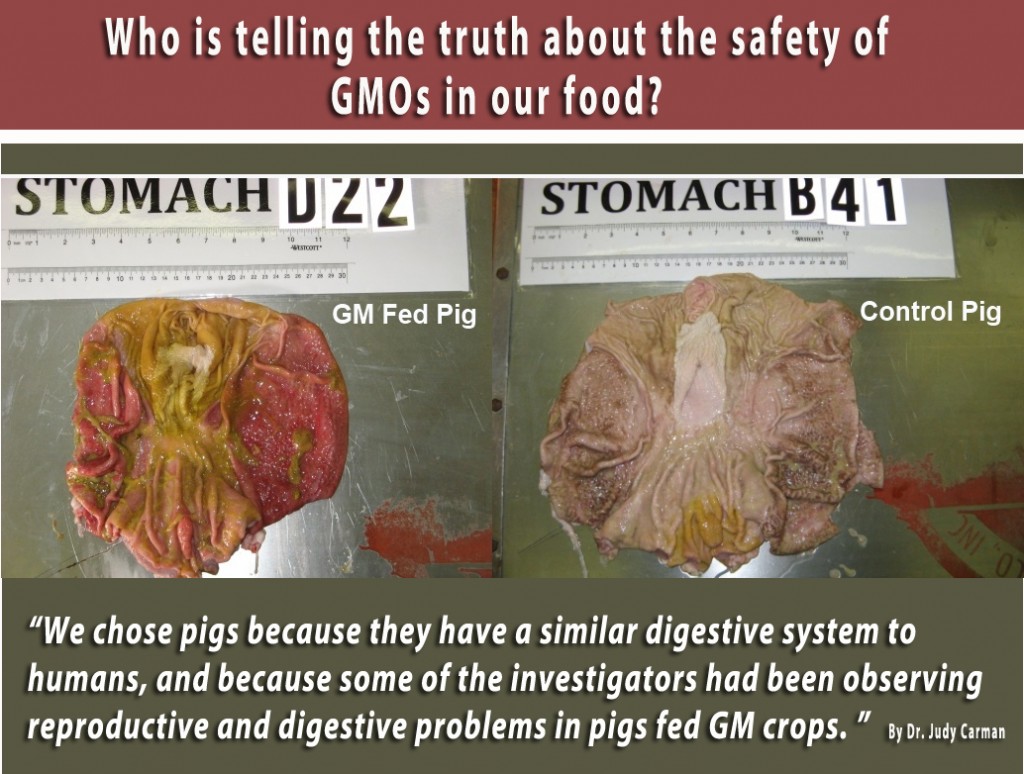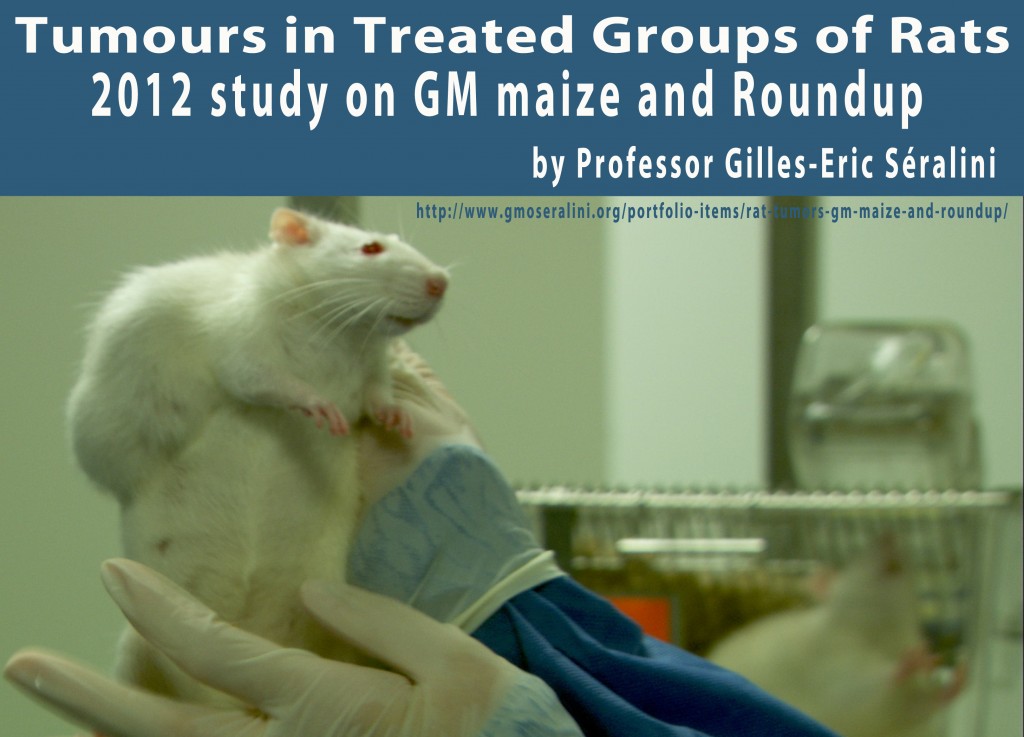
Trans-Pacific Partnership
June 12, 2014
GMO or Heritage Apples
July 3, 2014 Food Chain Radio Michael Olson
Urban Farming Agriculturalist
GMO SCIENCE VRS GMO SCIENCE
Whose GM science should we trust?
Guest: UC Davis Animal Science Professor Allison Van Eenennaam and U Georgia Plant Science Professor Wayne Parrot
Genetically modified (GM) foods are foods that have been re-manufactured by taking the genes from one species of life and splicing them into the genes of another species to create, in effect, an entirely new species.
The most popular uses of GM technology include creating plants infused with pesticides to kill insects, and plants that can withstand herbicides that kill weeds. Often the re-manufactured genes are “stacked” together.
With GM seeds, one farmer may now grow a thousand acres of crops with no pests or no weeds, thus making the technology one of agriculture’s most significant tools.
Some consumers, however, wonder, “What’s in this technology for us, other than food that has been infused with pesticides and immersed in herbicides?”
Though hundreds of scientific studies prove genetically-modified (GM) foods are safe to eat, some scientific studies suggest the GM foods might not be safe. Examples of the contrary include the Seralini study that demonstrated a significant increase in cancerous tumors in rats fed GM feeds, and the Carman study that demonstrated a significant increase in severe stomach inflammation in pigs fed GM feeds.
The conflict between the sciences leads us to ask…





